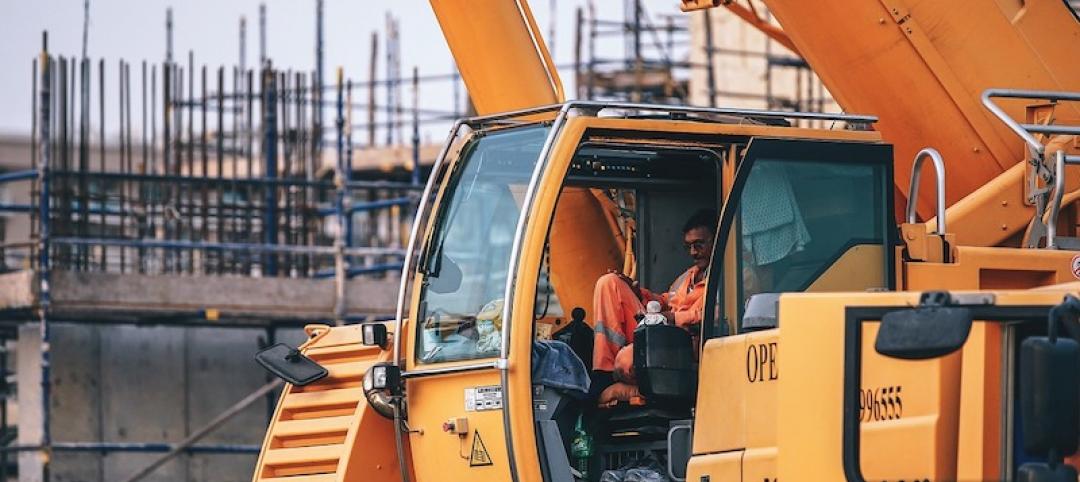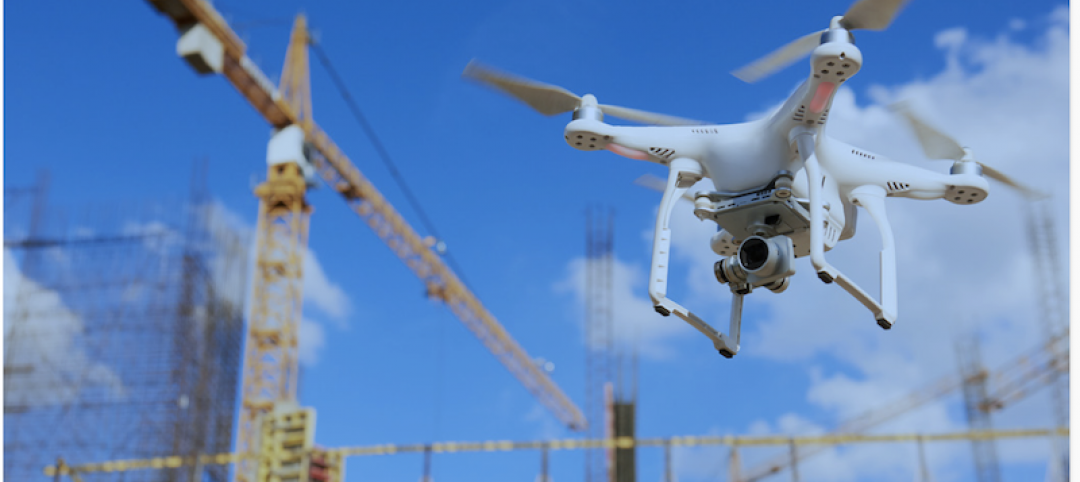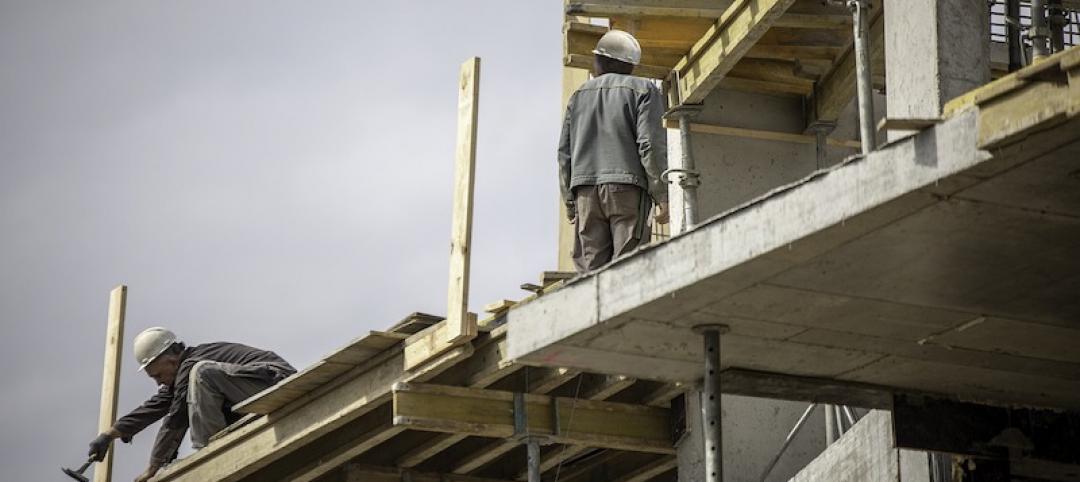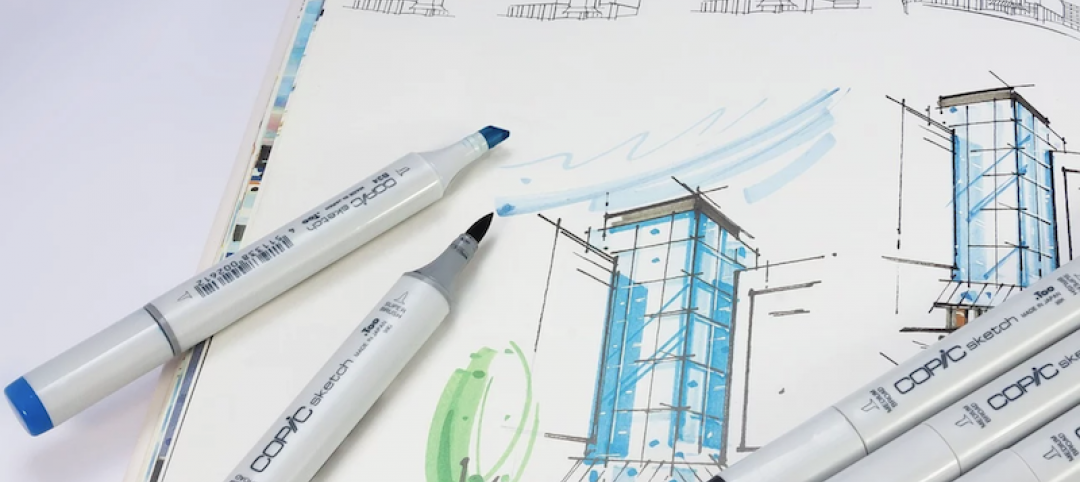In an effort to support the health, safety and wellbeing of students, the American Institute of Architects (AIA) is releasing 3D design models and strategies today that can assist education officials with reopening schools during the pandemic.
For the 2020-21 school year, districts are facing the difficult task of determining if K-12 schools will reopen this fall. As part of the AIA’s initiative, “Reopening America: Strategies for Safer Buildings,” the AIA’s team—comprised of architects, public health experts, engineers, and facility managers—assessed hazards in K-12 schools and developed strategies to mitigate risk of COVID-19 transmission.
In addition to the 3D design models—produced by VMDO Architects—detailing strategies for classrooms and corridors, the team is releasing a report that provides additional considerations for entrances, gymnasiums, assembly spaces, cafeterias and other spaces. Other strategies are also available for restrooms and staff spaces such as offices. The report also elaborates on the many factors that need to be taken into consideration when reopening schools and provides basic building blocks that can be adjusted on a case-by-case basis when working with design teams to ensure the needs of individual education facilities are met when adapting buildings for COVID-19.
Findings in the report are meant to work in tandem with tools that can assist education officials with preparing schools for reopening, including a seven-step Risk Management Plan for Buildings for assessing hazards and applying strategies that reduce risk and the AIA’s Re-occupancy Assessment Tool, which provides a framework of strategies for making buildings safer.
Resources were developed from a wide range of expertise using a virtual charrette workshop – a method used to study specific issues in a limited time frame using an intense brainstorming session.
As part of the sessions, a group of public, environmental, and occupational health experts and physicians provided an independently developed 90-minute briefing on SARS-CoV-2 infectious disease transmission, epidemiological models, and insights into the most current research of the virus as of early June. For more detailed information on public health hazards and considerations in schools, see AIA’s COVID-19 emerging research and public health data.
Tailored strategies and considerations for senior living facilities are also being developed and will be released in the near future.
Visit AIA’s website for more COVID-19 resources for architects.
Related Stories
Market Data | Jan 23, 2020
Construction contractor confidence surges into 2020, says ABC
Confidence among U.S. construction industry leaders increased in November 2019 with respect to sales, profit margins, and staffing, according to the Associated Builders and Contractors Construction Confidence Index.
Market Data | Jan 22, 2020
Architecture Billings Index ends year on positive note
AIA’s Architecture Billings Index (ABI) score of 52.5 for December reflects an increase in design services provided by U.S. architecture firms.
AEC Tech | Jan 16, 2020
EC firms with a clear ‘digital roadmap’ should excel in 2020
Deloitte, in new report, lays out a risk mitigation strategy that relies on tech.
Market Data | Jan 13, 2020
Construction employment increases by 20,000 in December and 151,000 in 2019
Survey finds optimism about 2020 along with even tighter labor supply as construction unemployment sets record December low.
Market Data | Jan 10, 2020
North America’s office market should enjoy continued expansion in 2020
Brokers and analysts at two major CRE firms observe that tenants are taking longer to make lease decisions.
Market Data | Dec 17, 2019
Architecture Billings Index continues to show modest growth
AIA’s Architecture Billings Index (ABI) score of 51.9 for November reflects an increase in design services provided by U.S. architecture firms.
Market Data | Dec 12, 2019
2019 sets new record for supertall building completion
Overall, the number of completed buildings of at least 200 meters in 2019 declined by 13.7%.
Market Data | Dec 4, 2019
Nonresidential construction spending falls in October
Private nonresidential spending fell 1.2% on a monthly basis and is down 4.3% from October 2018.
Market Data | Nov 25, 2019
Office construction lifts U.S. asking rental rate, but slowing absorption in Q3 raises concerns
12-month net absorption decelerates by one-third from 2018 total.
Market Data | Nov 22, 2019
Architecture Billings Index rebounds after two down months
The Architecture Billings Index (ABI) score in October is 52.0.

















